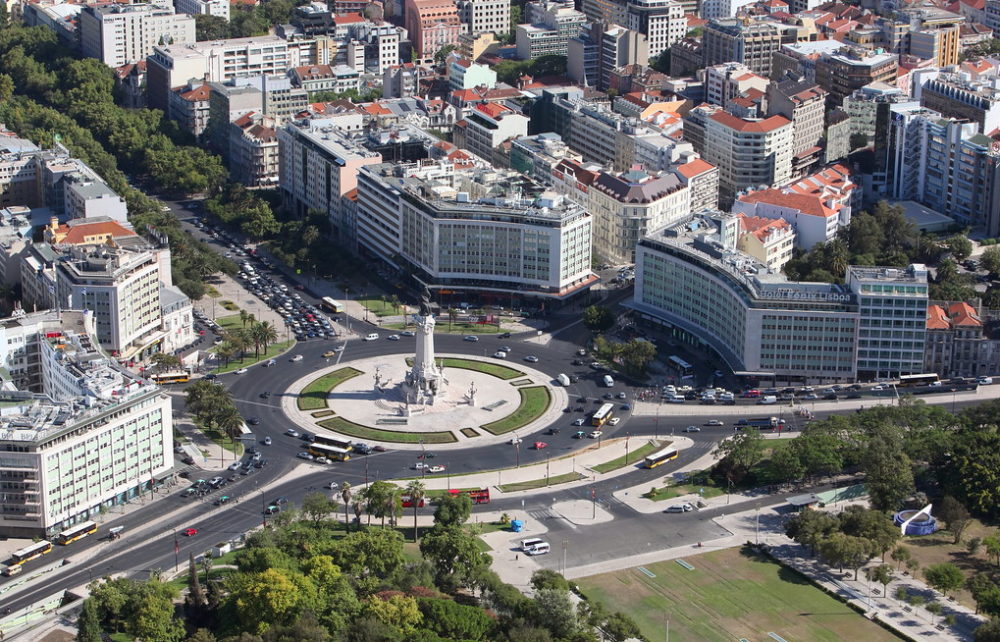The EU has equipped itself with a new ‘Marshall Plan’, worth EUR 1.8 trillion, to tackle the pandemic economic crisis, with more than EUR 45 billion allocated to Portugal.
The Recovery Fund is financed by common debt contracted by the European Commission on the markets on behalf of the 27 member countries, and more than half of the sum (EUR 390 billion) is earmarked for the member states as non-repayable loans.
With the multiannual budget already ‘green light’ to enter into force on 1 January, the Recovery Fund will, however, only become operational after a few more legislative procedures have been complied with, and the approval of the national recovery and resilience plans that each Member State must draw up and negotiate with Brussels is still required, with Portugal being among the first to do so.
The presidency of the European Union, which Portugal will assume as from January 1, will be responsible for approving the rules and managing the ratification process by the national parliaments.
Portugal’s foreign minister, Augusto Santos Silva, said the aim is to reach the end of June with the Multiannual Financial Framework (MFF – the EU’s budget for 2021-2027), all the regulations approved and each country’s national recovery programmes launched.
The final agreement was only closed in December when the 27 overcame the last obstacle on the road: the veto of Hungary and Poland on the mechanism that makes access to EU funds conditional on respect for the rule of law.
The EU recovery package combines the multiannual budget for 2021-2027 of EUR 1.07 trillion and the ‘NextGenerationEU Recovery Fund’ of EUR 750 billion.
For Portugal, EUR 30 billion of the budget has been earmarked for the next seven years, plus EUR 15.3 billion in grants, with the possibility for the country to borrow more if it so wishes.
Investment in the country’s national health service (SNS) and housing, and the promotion of employment through more investment and skills are the Portuguese government’s priorities for the fund.
According to the first draft delivered in Brussels, the areas of social vulnerability and productive potential and employment are those to which the executive will allocate more community funds, totalling EUR 5.6 billion (respectively EUR 3.1 billion and EUR 2.5 billion).




